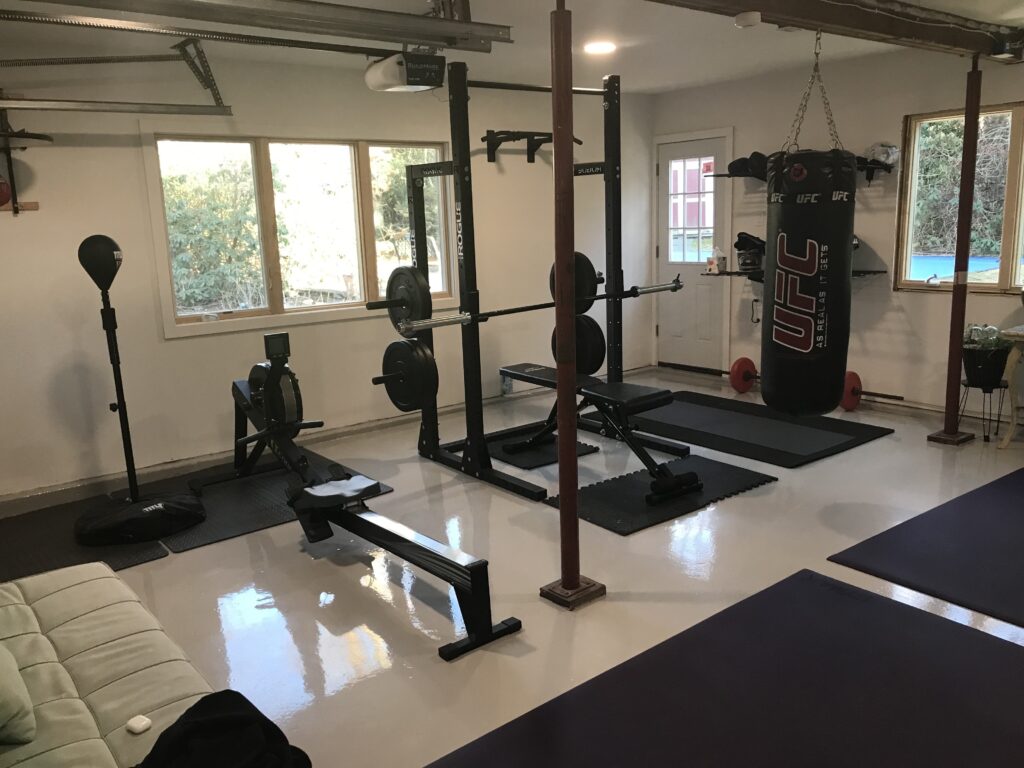Your answer may determine the happiness quotient of your retirement.
Subjective age is a bizarre concept. According to The Atlantic, Adults over 40 perceive themselves to be, on average, about 20% younger than their actual age. We don’t play this game with our other physical characteristics. The same view doesn’t apply to differing perceptions of our height, weight, hair color, etc.,
Why is there such a chasm between how old we are and how old we believe ourselves to be?
The Atlantic provides an interesting theory. Viewing yourself as younger is a form of optimism rather than denialism. It says that you envision many generative years ahead of you, that you will not be written off, and that your future is not one long, dreary corridor of locked doors… If you mentally view yourself as younger and believe you have a few pivots left, you still see yourself as applicable.
This makes perfect sense. Imagine a person retiring at 70 but viewing themselves as 45. Subjective age dramatically changes lifestyle choices. Hiking and playing with the grandkids replace T.V. watching and early-bird buffets.

Subjective age isn’t a defense mechanism but a lifestyle optimizer.
Every morning I work out in my home gym and follow with a late afternoon hike over hilly terrain with a 45 lb. ruck pack on my back. Even worse, this never-ending trait of making enjoyable things into self-inflicted torture and strenuous activities is disturbing yet fascinating.

The Atlantic’s The Age In Your Head got me thinking.
Why do I submit myself to what many would perceive as medieval torture?
Am I in some stage of denial?
What is the real motivational force behind this physical zealotry?
The answer- optimism for the future.
Research morphs into me-search.
Would a sane person do this if they believed they would die tomorrow?
Staying active and physical means you’re preparing for upcoming challenges and adventures, not running out the clock.
Action leads to more action. Thinking your best years are behind you benefits nobody.
It seems customary for adjusted, optimistic people to view themselves as younger than they are. The choice of waiting to die doesn’t appeal to those who believe their hard-earned life experience brings much to the table to those they encounter.
Of course, like anything else, this requires faith. A long life is guaranteed to no one. Death doesn’t play favorites. It’s a small ask in exchange for the bounty of rewards a positive attitude generates.
The same goes for investing.
Owning a diversified basket of low-cost index funds provides the best chance for an individual to reach their retirement goals.
The catch is this strategy also requires a bit of faith.
Faith in the capitalist system is doing what it’s been doing over the last couple of centuries. People waking up and wanting to make better lives for themselves and their families is the bedrock of our system.
Evidence-based faith, as opposed to the blind variety, is required for all investors in the stock market. Without this, the chances of running for the hills during the next market crash increase exponentially.
Faith in the capitalist system is a non-negotiable prerequisite for investors of any age.
Your attitude determines your actions.
Choosing a life filled with locked doors isn’t living at all.
Chronological age is a number. Subjective age is a lifestyle.
Which one will you choose?





